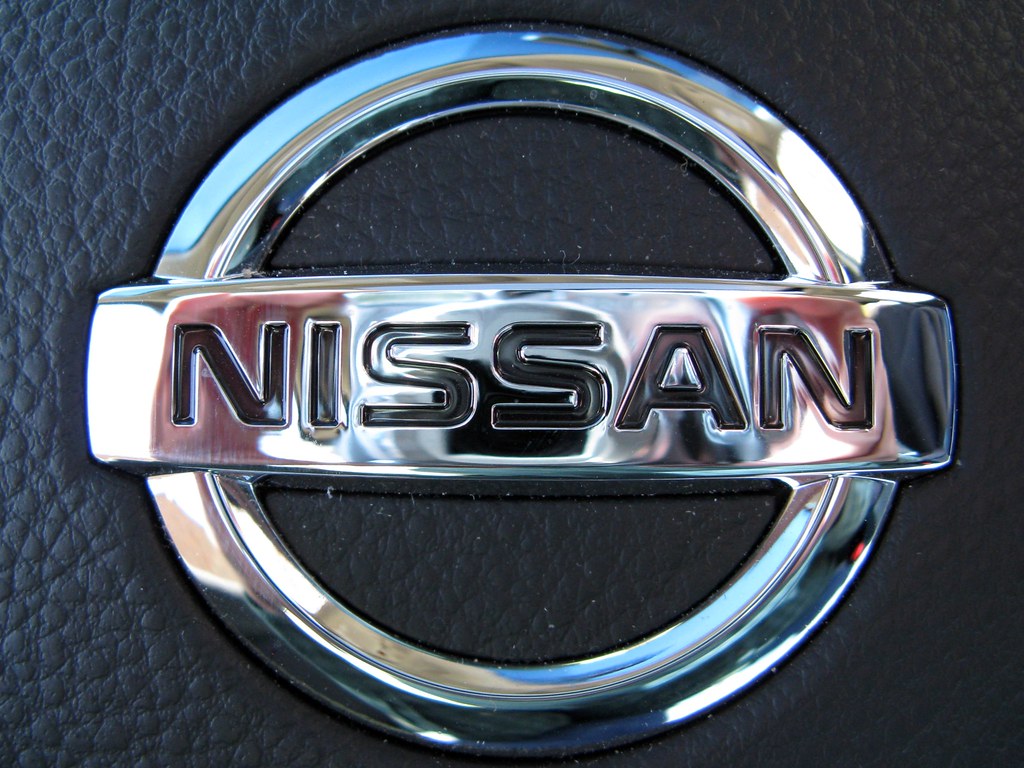
Nissan has announced a recall of approximately 444,000 vehicles after identifying engine bearing failures that develop gradually rather than suddenly. Drivers of these vehicles typically receive several audible and visible warnings over time, including abnormal engine noises, rough running conditions, and warning lights or messages on the instrument panel.
The majority of recalled vehicles—348,554—are 2021-2024 Nissan Rogue models equipped with 3-cylinder engines. An estimated 1.2% of these 3-cylinder vehicles may have manufacturing defects. For Nissan models with 4-cylinder engines, the estimated defect rate is around 0.08%.
The recall follows an investigation by the National Highway Traffic Safety Administration (NHTSA), which began in December 2023 after receiving owner reports of engine failures, power loss, knocking noises, and metal debris found in the oil pan.
Repair Process and Customer Impact
Nissan plans to address some of the engine problems with a software update, but many customers will need to schedule dealer appointments for inspections. If no metal debris is found in vehicles with 3-cylinder 1.5L VC-Turbo engines, dealers will replace the oil pan gasket, change the engine oil, and reprogram the engine control module. These repairs should take less than an hour and will be free of charge.
For vehicles with 4-cylinder VC-Turbo engines, a simple oil change will be performed if no debris is detected. However, if metal contamination is present—which Nissan will confirm through its Powertrain Call Center—dealers will replace the entire engine assembly at no cost. Engine replacement can take up to fifteen hours. Dealers will be notified of the recall starting July 15.
This recall is one of the latest major powertrain recalls affecting over one million vehicles industry-wide. For comparison, General Motors recalled over 595,000 SUVs and pickups with 6.2L V8 engines earlier this year due to similar manufacturing defects.
The recall arrives at a challenging time for Nissan. The automaker is in the midst of a turnaround plan after a significant sales decline in 2024 and a failed merger with Honda. Nissan cut 9,000 jobs in late 2024 following a steep 90% drop in operating profit in the first half of the fiscal year. Earlier executive shakeups and a cost-saving initiative involving seven plant closures and 11,000 more job cuts underline the company’s efforts to regain financial stability.
What The Author Thinks
Handling a recall of this scale amid a major company restructuring is a tough balancing act for Nissan. However, taking swift, transparent action to fix engine defects might help rebuild consumer trust, which is crucial as the company seeks to recover its footing. The success of Nissan’s turnaround will partly depend on how effectively it manages both the recall and ongoing operational challenges.
Featured image credit: Jim Lynch via Flickr
For more stories like it, click the +Follow button at the top of this page to follow us.
